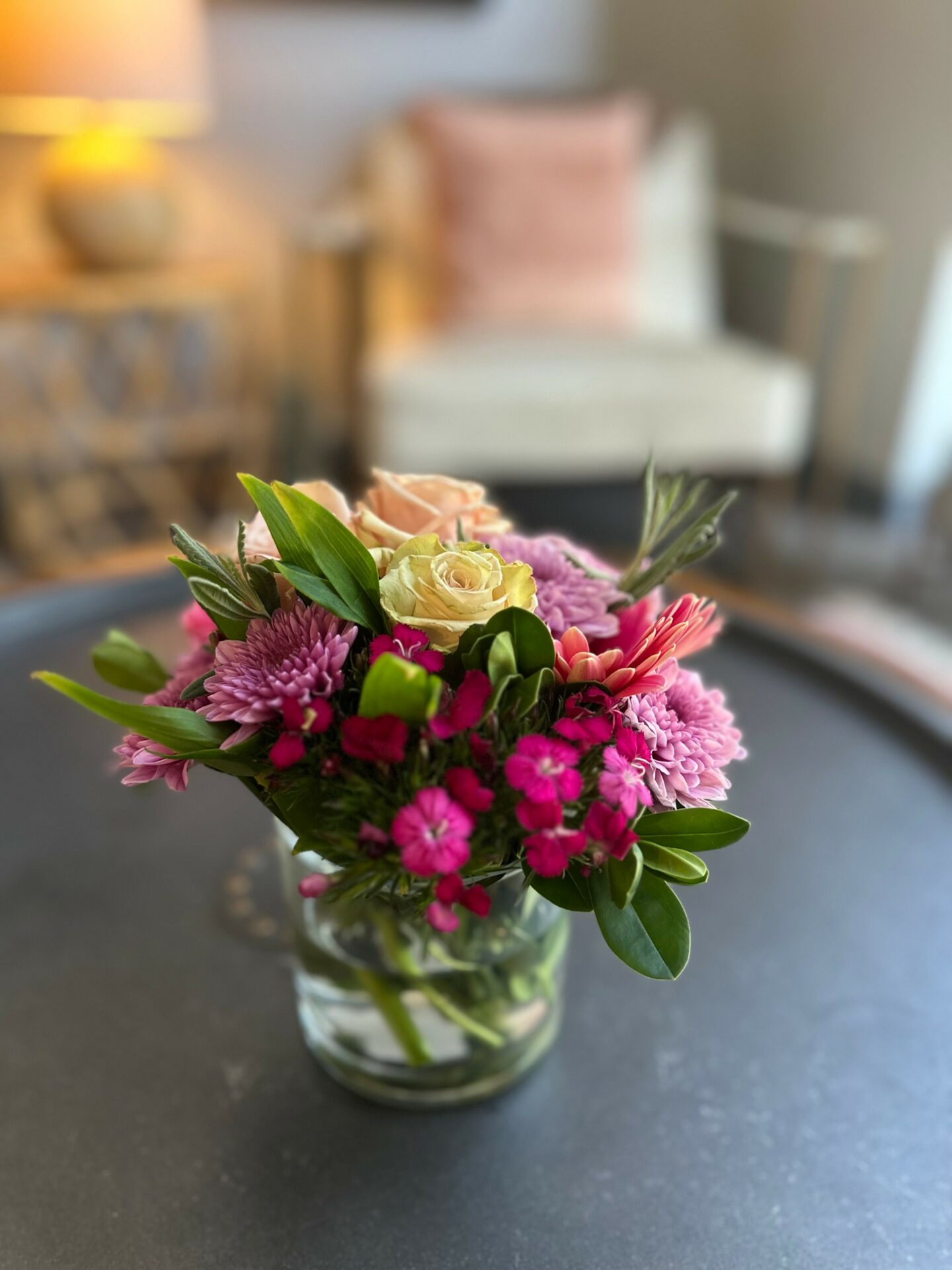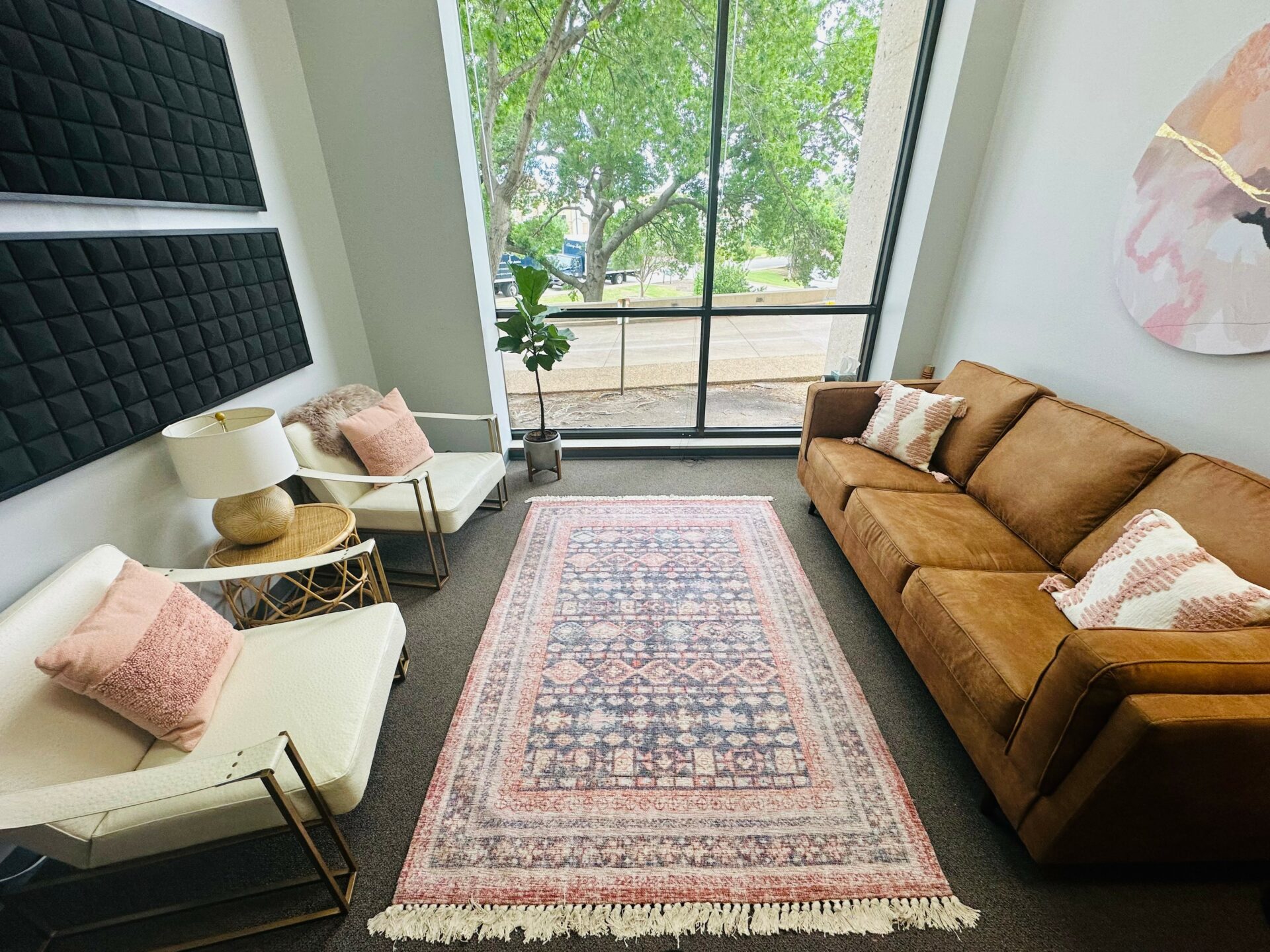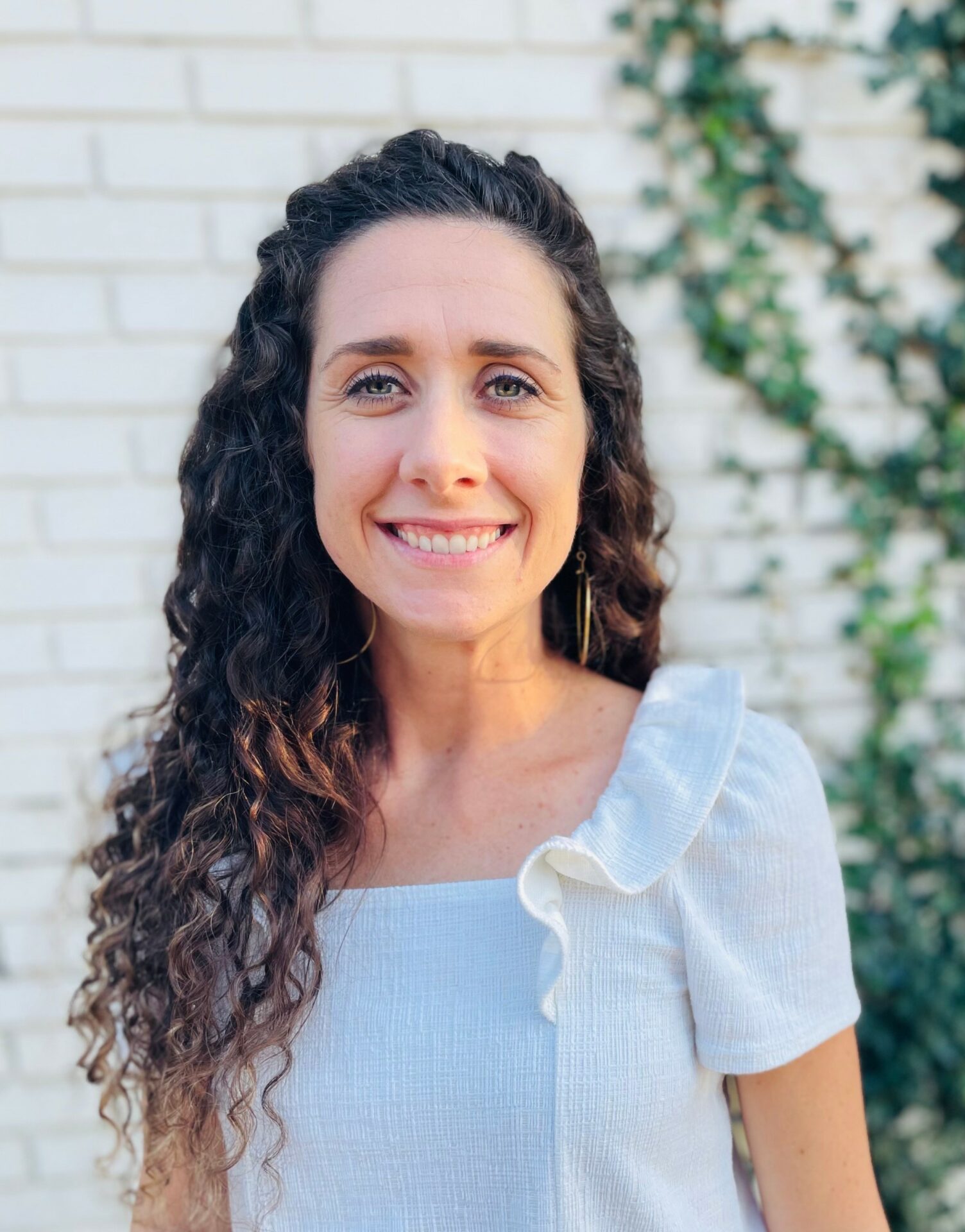We caught up with the brilliant and insightful Meaghan Semple a few weeks ago and have shared our conversation below.
Hi Meaghan, thank you so much for opening up with us about some important, but sometimes personal topics. One that really matters to us is overcoming Imposter Syndrome because we’ve seen how so many people are held back in life because of this and so we’d really appreciate hearing about how you overcame Imposter Syndrome.
I don’t know if I will ever “overcome” imposter syndrome. It’s not that I think I am a fraud or ill-equipped all of the time, but sometimes I dip my toe into that pool of wondering if I really, truly know what I am doing. In grad school, I had a professor once share about his early days of being a counseling intern. In one of his first sessions he realized that his client was looking at him, after sharing much of their distress, wondering how my former professor was going to respond. However, looking bewildered, all he could think was “Wait, what?! I’m the one that is supposed to know what to say?!” This makes me laugh a little, because I have had many of these kinds of moments. Being an enneagram #1 I tend to lean to the side of perfectionism more than I would like to admit. I like a good plan and I like to feel in control. However, counseling does not lend itself to such a structured plan or really any sense of control. What has helped me most in dealing with these moments of imposter syndrome is to remind myself that I am human. I will not always know what to do next. What I can do is continue to learn (I will always be a lifelong learner) and be compassionate with myself. I think it is actually in the tension of not knowing where we can grow the most. I never want to think that I have “arrived” and I actually think that can be a dangerous place to be. There will always be something I can learn, grow from and make space for. Last, but not least, I think not taking myself too seriously is key. Being able to laugh at these moments and myself has helped to create a healthier and more accepting shift in my perspective.
Thanks for sharing that. So, before we get any further into our conversation, can you tell our readers a bit about yourself and what you’re working on?
I am a Licensed Professional Counselor (LPC) working with women who have experienced trauma, anxiety, depression and/or perinatal issues. I started my own practice, Fort Worth Women’s Counseling, in 2021 where I provide individual Eye Movement Desensitization and Reprocessing (EMDR) therapy (a type of therapy that is effective and efficient in reprocessing distress/trauma). It has been such an honor to work with countless women who have done the hard work to find relief and healing. If anyone reading this has experienced trauma, anxiety or depression and would like to seek out EMDR therapy a great way to do this is by visiting www.emdria.org. Healing our trauma isn’t easy, but living with it isn’t either.
If you had to pick three qualities that are most important to develop, which three would you say matter most?
Kind of recapping what I have already said, I would say that the top 3 qualities that have helped me in my journey are: 1) being open to always learn new things, 2) being compassionate not only to others, but also to yourself and 3) don’t take yourself too seriously, be able to laugh at yourself sometimes.
Awesome, really appreciate you opening up with us today and before we close maybe you can share a book recommendation with us. Has there been a book that’s been impactful in your growth and development?
“The Body Keeps the Score: Brain, Mind, and Body in the Healing of Trauma” by Bessel van der Kolk. As its title suggests, trauma is not only stored in our brains or minds, but also in the body. The body can be forgotten much of the time in the mental health world, but it is coming into awareness more and no longer being neglected in ways it has been before. Counselors have long been known to say “how does that make you feel?” which is almost comical at this point, but now we are starting to also say more of “where do you notice that in your body?” Bessel’s work has been imperative in remembering that we are not just one part of our body, but we are a whole. His wholistic approach is helping clinicians and people alike to incorporate all of who we are. Bessel writes, “neuroscience research shows that the only way we can change the way we feel is by becoming aware of our inner experience and learning to befriend what is going inside ourselves.” All of us, not just one part. Befriending oneself isn’t so easy. He shares, “As I often tell my students, the two most important phrases in therapy, as in yoga, are “Notice that” and “What happens next?” Once you start approaching your body with curiosity rather than with fear, everything shifts.” Too often we tend to push our thoughts and feelings aside, not giving them the time and attention they need or require. It is in slowing down the process and just noticing that so much can shift as Bessel suggests and EMDR therapy one way to do this.
Contact Info:
- Website: www.fwwomenscounseling.com
- Instagram: https://www.instagram.com/fwwomenscounseling/
- Facebook: https://www.facebook.com/fwwomenscounseling/
- Youtube: https://www.youtube.com/channel/UCai1BmZZp_GDC4e0AD9DKyg







